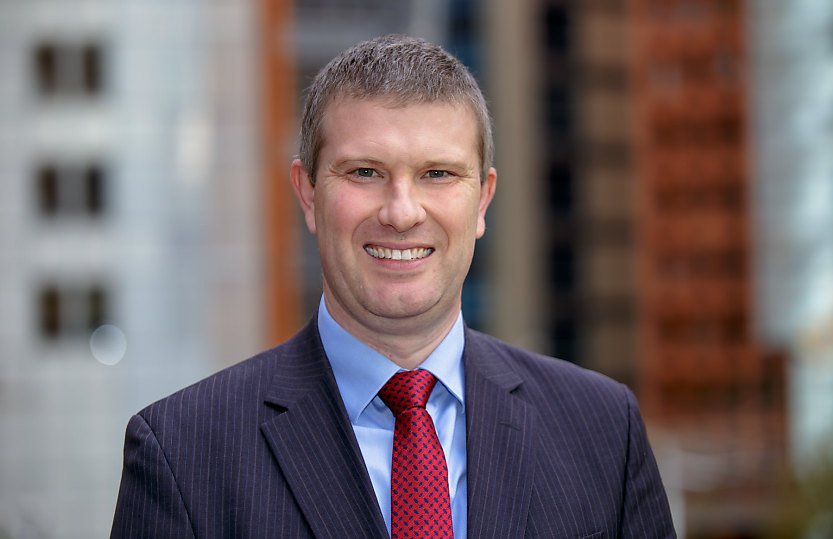Vulnerable groups a key advocacy focus for Tax Institute this year

Exploring changes that can better support vulnerable groups in the tax system will be an important part of The Tax Institute’s advocacy work.
Chief executive of The Tax Institute, Scott Treatt, said while some of The Tax Institute's advocacy work this year will be shaped by the outcome of the federal election, it will also be focused on some of the pressures facing the most vulnerable within society.
"This is a pertinent issue at the moment when you look at the cost of living and hear the concerns that taxpayers and their advisers are highlighting around the pressures of dealing with lodgement or payment obligations in the current environment," Treatt said.
"Those who are most vulnerable in our community are feeling those pressures in a very heightened manner."
Treatt said vulnerable groups also often aren't heard as often as they need to be and are experiencing particularly difficult times in the current economic environment.
"We're doing a lot of work in trying to look at what levers could be pulled and what changes could be made, not just to the law but also to administrative processes to assist those in most need of assistance."
As part of this, The Tax Institute will be exploring what it can do to support the National Tax Clinic program, which supports vulnerable individuals and small businesses in hardship that are unable to access tax advice and assistance.
"The tax clinics do a lot of commendable work in helping those most in need and it's great the government is expanding the National Tax Clinic Program," he said.
"[We want to look] at what else can be done to support them and those that are in need and how we can promote the activities and services of these tax clinics so that those in the community that most need it understand where they can turn to get help."
Treatt said The Tax Institute wants to do more to help advisers and the ATO be able to identify these individuals in order for them to get the assistance they need.
"How do we help those within the ATO be able to identify [these vulnerable individuals] and also show a level of compassion towards these individuals?" he asked.
"How do we also give them the tools from a legal perspective to exercise that compassion in those environments where there are those that are struggling or where there are factors outside of their control?"
While there are already some levers within the system to help vulnerable individuals, further changes are needed to improve what tools ATO officers have at their fingertips to be able to help more effectively, he said.
"[We have] general administration powers and hardship provisions but how do we ensure that they're targeted at the right people at the right times or in circumstances where someone doesn't fit neatly into the criteria that's there."
"There may be circumstances, for example, where there's financial abuse and the spouse has positioned the other partner in a way that then restricts their ability to get help and they become constrained."
More broadly, The Tax Institute will also be focused on ensuring the government is providing the right resources to the right areas to improve the operation of the tax system, he said.
"There's been a lot of priority over the years that's been given to the compliance functions within the ATO, and at the moment the debt collection part of the ATO and I understand the debt book needs to be dealt with."
However, Treatt said The Tax Institute would also like to see great resources for the ATO's advice and guidance team to ensure that certainty can be given on certain issues faster.
"I also feel there would be a lot of benefit in investing in ATO systems. I acknowledge that the ATO's systems are some of the best in the world but if you look at all the issues that arose with client-agent linking for example, [you can see] there are issues and concerns that could be addressed through greater investment or commitment by the government."
About the author

